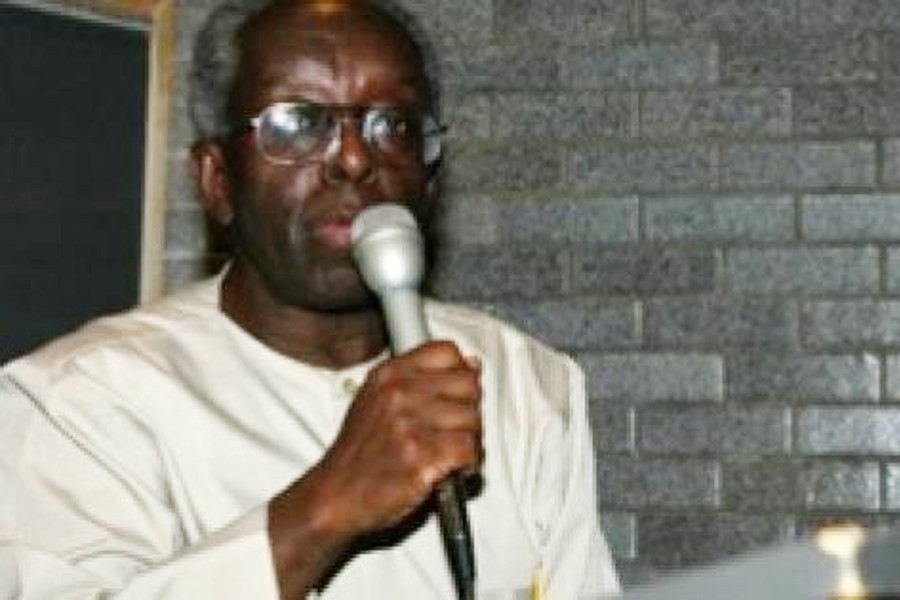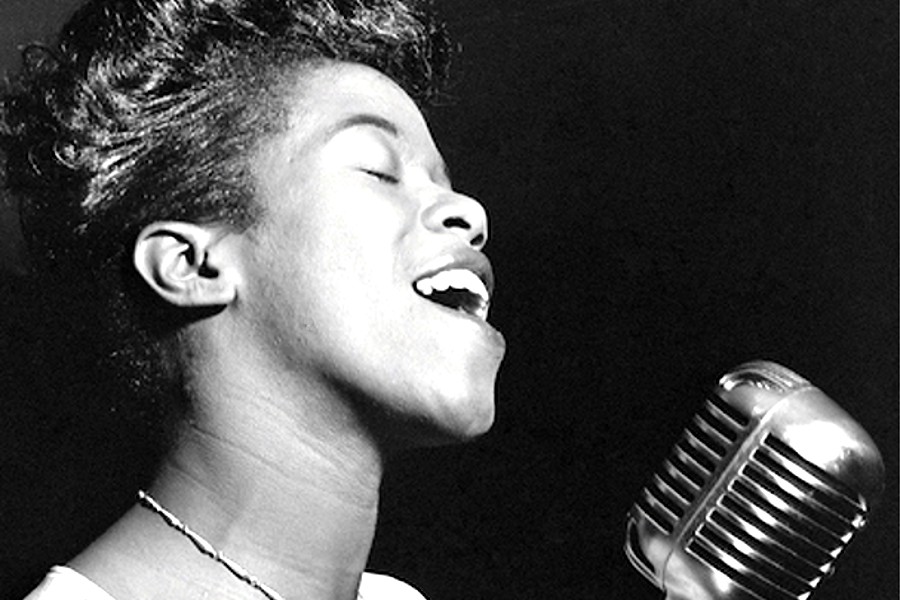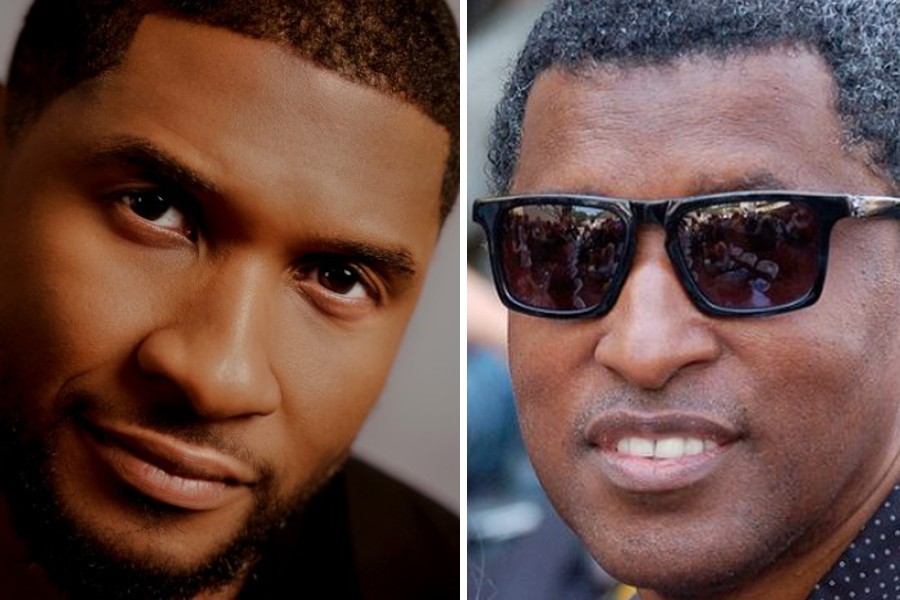 The great Pan-African leader Elombe Brath’s legacy will be recognized Friday, June 23, 2017.
The great Pan-African leader Elombe Brath’s legacy will be recognized Friday, June 23, 2017.
When the southwest corner of Adam Clayton Powell Jr. Boulevard between 124th and 125th Streets in Harlem officially becomes Elombe Brath Way.
Better known simply as “Elombe” to his many admirers from Harlem to Harare from the United States, in Africa, the Caribbean, South America, and other African Diaspora, Brath died May 19, 2014, at the age of 77 after a long illness. There will be a ceremony Friday but the bigger celebration will be on Elombe Brath’s birthday on September 30, according to one of his sons Cinque Brath.
Brath visited every African country and met many of the leaders, in many cases, when they were still liberation fighters struggling for the independence of their country. He traveled throughout the world educating people about Africa and leading campaigns to end White minority rule in South Africa, Zimbabwe, Namibia, Mozambique, Angola, Guinea Bissau and many other territories where minority rule continued long after most African countries won their independence. Brath was a walking Encyclopedia of African history and lectured widely in universities throughout the world about Africa’s history, the liberation struggle and the need for Pan-African unity.
He was alongside the late Percy Sutton, Manhattan borough president as they hoisted a new street sign when the corner of 125th Street and 7th Avenue was renamed “African Liberation Square” on in 1973. Sutton also declared the month of May as African Liberation Month. He was the founder of the Patrice Lumumba Coalition, following in the footsteps of earlier Pan-African nationalist leaders in Harlem like Marcus Garvey and Carlos Cooks.
During his home-going ceremony on May 31, 2014, the leading Pan-African author, journalist and professor, Herb Boyd recalled of Elombe: “Elombe joined the South West African Relief Committee to assist SWAPO President Sam Nujoma in getting aid to the country of Namibia, which was then suffering under the yoke of the racist apartheid regime. This marked the beginning of his numerous relationships with freedom fighters, struggling to liberate their countries from colonial and white minority rule.
They included leaders such as Samora Machel of Mozambique, Thomas Sankara of Burkina-Faso, Kanyama Chiume of Malawi, and Robert Mugabe of Zimbabwe. In 1973, he was awarded the Croix de Chivalry by President Ahmed Sekou Toure of Guinea for continuous work toward the African Democratic Revolution.” Read more.
Related articles
- Voices Of Change: Pro-Palestine Protests At Columbia University
- Lavine Statement On NYPD And Columbia University In Harlem
- Bridging Dreams And Reality: Rare Carat’s Captivating Engagement Rings
- City Commemorates May Day, Celebrates Strides In Worker Rights Protection
- Get Help First For Stress ImpactingLife; Open Door Family Medical Aids Mental Health
Become a Harlem Insider!
By submitting this form, you are consenting to receive marketing emails from: Harlem World Magazine, 2521 1/2 west 42nd street, Los Angeles, CA, 90008, https://www.harlemworldmagazine.com. You can revoke your consent to receive emails at any time by using the SafeUnsubscribe® link, found at the bottom of every email. Emails are serviced by Constant Contact









You could see Elambe Brathe on the street and he would drop thousands of years of history on you in just a few minutes! Elambe gave his support, and rallied for the five young men near his home who were arrested for sexual assault of the female jogger in Central Park, known as the Central Park Five.
Thanks for sharing that, Danny!
Glenn
Glenn,
It’s about the greatest community in the world – Harlem!
HW
Congratulations to the legacy of Elombre Brath.
Love this magazine. You’ve gained a new fan.
Thank you!
HW